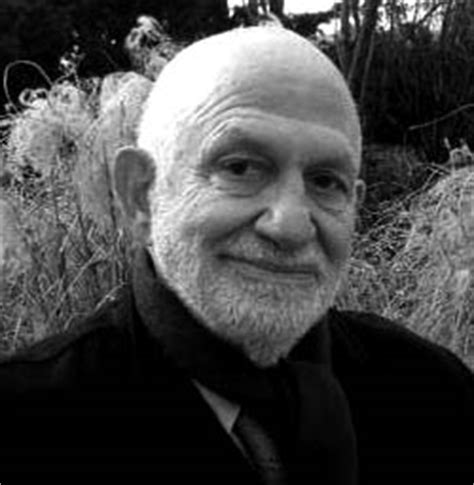A Quote by Eugene Fama
Tastes and behavior are important in economics. Nobody denies that. But the question is: How much of behavior is irrational, and how much of the irrational behavior really affects prices? It turns out that's very difficult to answer.
Related Quotes
Addiction is more malleable than you know. When people come to me for therapy, they often ask me whether their behavior constitutes a real addiction (or whether they are really alcoholic, etc.). My answer is that this is not the important question. The important questions are how many problems is the involvement causing you, how much do you want to change it, and how can we go about change?
True doctrine, understood, changes attitudes and behavior. The study of the doctrines of the gospel will improve behavior quicker than a study of behavior will improve behavior. Preoccupation with unworthy behavior can lead to unworthy behavior. That is why we stress so forcefully the study of the doctrines of the gospel.
And with the Occupy Movement, it's really ironic how the police come as representatives and enforcers of the powers that be, even though the people in the Occupy Movement are really on their side - not in terms of their behavior, but in terms of their economic status, in terms of who the police are in society and how much they're paid, and if you boil it down to the economics of it, the police should be out there marching with the Occupy Movement.




































